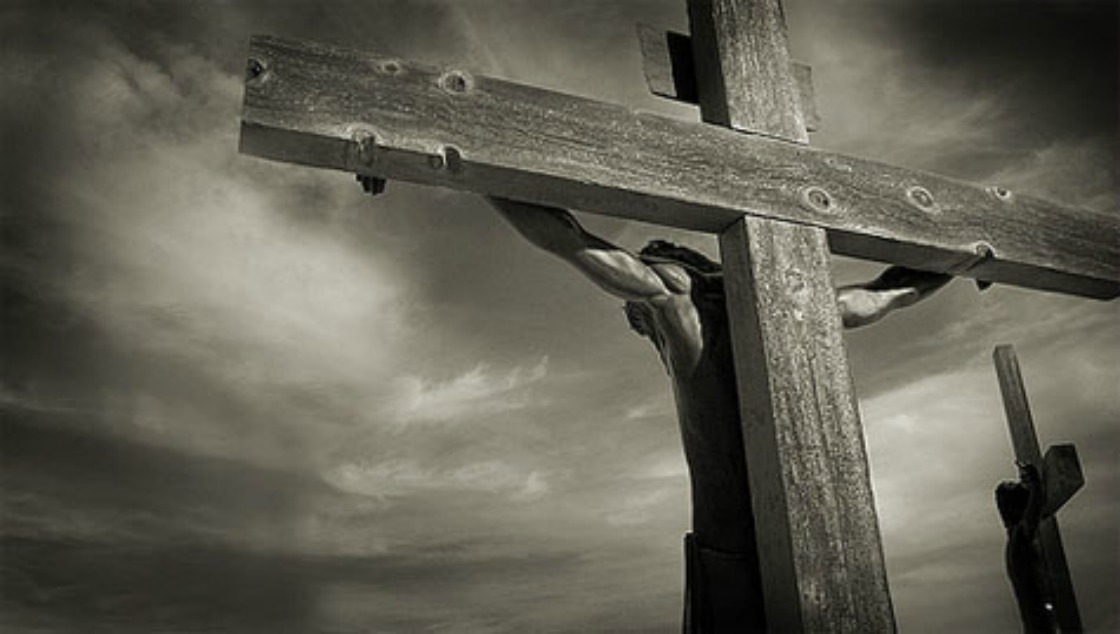Abbot Tryphon argues that the penal substitutionary theory of the atonement is heresy. Tryphon calls the view “pagan” view in which “we are forced to view our God as some sort of angry deity needing to be appeased by a blood sacrifice.” Tryphon’s main argument is that if we accept the penal substitutionary view, then we are forced to accept two consequences, both of which are false: “The major problem with this teaching can be seen in the fact that had Christ died for our sins against God the Father, thus causing a division of God, with the doctrine of the Holy Trinity laid waste, with God pitted against God.…
-
-
Atonement: A Balance of Punishment?
The theory of penal substitutionary atonement states that Jesus Christ, the incarnate Son of God, took the punishment that we deserve. Some suggest that if Christ takes the punishment we deserve, then he must take the same (or identical) punishment we deserve. This thought generates an objection to the penal substitutionary theory of the atonement. The argument is something like: If we deserve eternity in hell, then, in order to take our punishment, Christ must spend eternity in Hell. Christ does not spend eternity in Hell. Therefore, we do not deserve eternity in Hell There is good reason to reject this argument. The first thing to notice is that this argument…
-
Atonement: Knowledge of His Wrath
And I heard the angel of the waters saying, “Righteous are You, who are and who were, O Holy One, because You judged these things; for they poured out the blood of saints and prophets, and You have given them blood to drink. They deserve it.” And I heard the altar saying, “Yes, O Lord God, the Almighty, true and righteous are Your judgments.” In Revelation 16:4-7, John records the proclamation of the angel who affirms the just punishment of those who “poured out the blood of saints and prophets” (v. 6). The angel tells us that the persecutors of God’s people deserve their punishment and that punishment displays the…
-
Is the Ordo Salutis Intelligible?
The ordo salutis (order of salvation) is supposed to tell us about the logical order of God’s decree to save some people and not other people. There are differing versions of the order and this fact has led to some of the deepest divisions in the church. Some think God determined whom to save before he decreed the means for their salvation. Others think that God’s decree to save some people came after his decree to permit them to sin. The important feature of the order is that it is not supposed to be a temporal order. Supposedly, God logically orders his decrees without temporally ordering them. The trouble is I…
-
Review: The Race Set Before Us: A Biblical Theology of Perseverance & Assurance by Thomas Schreiner and Ardel Caneday
Thomas Schreiner and Ardel Caneday are both New Testament scholars who are deeply committed to pastoral ministry. Schreiner was a pastor for fourteen years and now serves as Professor of New Testament at The Southern Baptist Theological Seminary. Caneday serves as a pastor and is Professor of New Testament studies at Northwestern University. In The Race Set Before Us: A Biblical Theology of Perseverance and Assurance, Schreiner and Caneday defend a Calvinistic view of the perseverance of the saints: It is not possible for a person who is a genuine believer to lose their status as a divinely elected person. The alternative position to this view states that a person…

